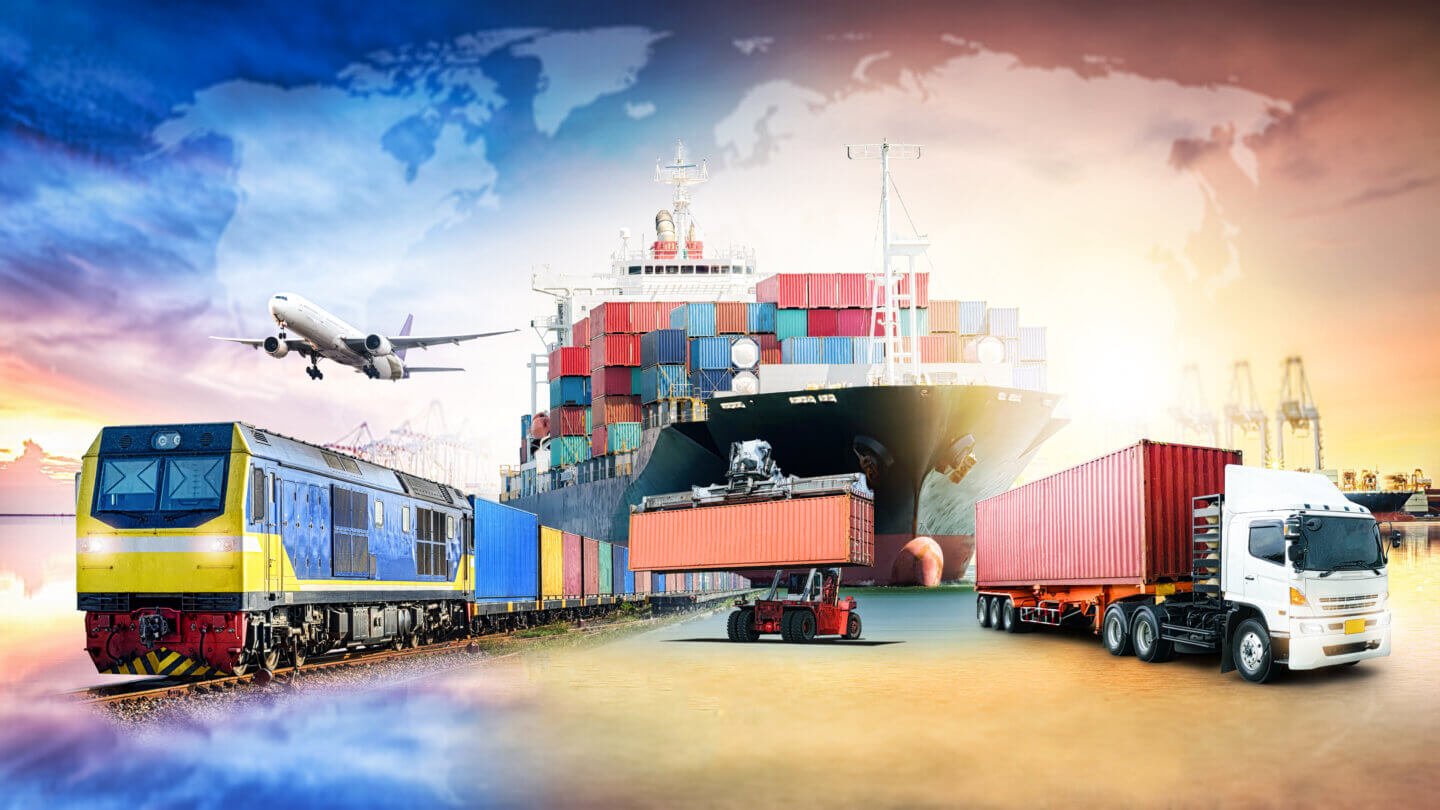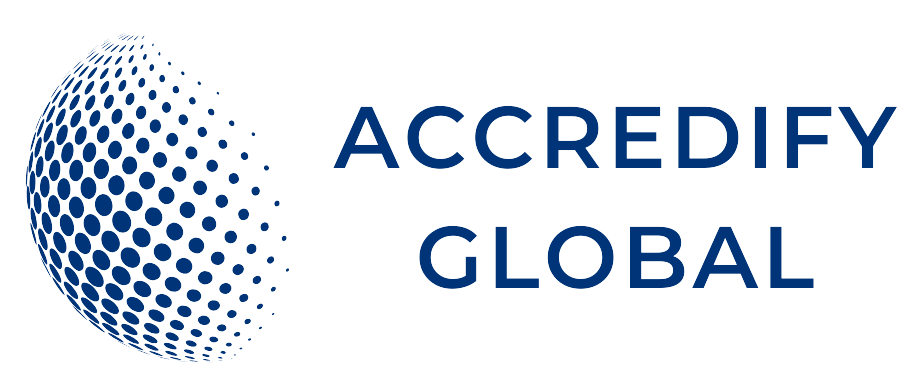ISO Certifications for Transport and Logistics | ISO 9001, 14001, 45001, 28000, 39001, 27001 ,22301 ,31000 | Accredify Global

How ISO Certification is helpful for transport and Logistics?
The Transport and Logistics industry is indeed the backbone of any economy. It is also one of the most infamous sectors when it comes to causing irreparable damage to the environment. Thus, with the help of ISO Certification for Transport and Logistics, these industries can maintain the balance between development and environmental sustainability to standardize their system and processes according to internationally recognized and accepted norms.
Why does the Transport and Logistics Industry need ISO Certification?
Transport and Logistics industries are those industries that involve a lot of risks. As a result, there is a high concern regarding the safety of the transport & logistics services. Only the globally approved benchmarks can assure safety management to these industries. Now, here comes the need for the ISO certification. An ISO trademark will oblige the clients that the services provided by the transport & logistics company are as per the universally acknowledged standards.
One can really feel the ultimate need for the ISO certification at each & every stage while in the supply network. In this regard some points are listed below:
- Most likely, the ISO standards add to the adequacy of the functions carried in the transportation and logistics business.
- ISO standards help to connect custom ports with railroads.
- The ISO Certification helps you to build a bridge to get hold of international attention.
- Helps you to show your commitment to customer satisfaction.
- The ISO certification helps with offering significantly more capability in how the consignments are systematized.
In this way, ISO certification will ultimately assist you in stepping into the global markets with no trouble at all!
Which ISO Standards are best Transport and Logistics Industry?
The International Organization for Standardization publishes certain standards that help in implementing management systems for delivering quality products and services as well as enabling compliance to the related legislations.
The most required ISO standards that are appropriate for transport and logistics industries are:
ISO 9001:2015 Standard
ISO 9001 certification is an internationally accredited standard for quality management systems (QMS). This standard helps in the accomplishment and maintenance of quality management systems (QMS) in your organization so that the quality of your products, as well as processes, are top-notch.
ISO 14001:2015 Standard
ISO 14001 Certification is the general standard for Environment Management Systems. ISO 14001 standard helps in the execution of Environmental Management Systems (EMS) in your organization to make sure that your products and services are not causing environmental damage. It also helps your organization to minimize the harmful impacts of your processes in the environment.
ISO 45001:2018 Standard
ISO 45001 Certification is an internationally required standard which is probably the most important one for your organization, as it ensures the safety and wellbeing of your manpower, contractors as well as the nearby population. This standard helps in the implementation of Occupational Health and Safety Management Systems (OHSMS) in your organization.
ISO 27001:2022 Standard
ISO 27001 Certification is a globally recognized standard that helps in implementing Information Safety Management Systems (ISMS) in your organization that would protect the data stored within your premises from any breach or loss.
ISO 22301:2019 Standard
Ensures operations remain functional during crises. Reduces downtime by 60%, enhancing resilience. Minimizes downtime and financial losses.
ISO 28000:2022 Standard
Ensures operations remain functional during crises. Reduces downtime by 60%, enhancing resilience.Essential for critical operations.
ISO 39001:2012 Standard
Reduces road accidents and improves driver behavior. Helps fleet operators meet road safety regulations.Enhances vehicle tracking and traffic risk management.
ISO 31000:2018 Standard
Helps in identifying, assessing, and managing transportation risks. Improves decision-making for fleet management and logistics planning. Ensures compliance with risk management regulations.
ISO Certification process for IT Industry
- Application & contract
- Audit team Assignment
- Document view
- Certification Audit Independent review
- Notification of Certification
- Surveillance audit
- Re-Assessment
The certification process goes further. click here to view the next steps to the ISO certification Process
ISO certifications have huge significance across a varied range of industries. They not only help to improve the processes within the organization but also ensure a smooth flow of services throughout the supply chain.
Services
Why Choose Accredify Global for ISO Certification?
Accredify Global is a leading ISO certification body, operating in 95+ countries, offering:
- Certified auditors with expertise in the education industry.
- 30% faster certification process than competitors.
- Tailored compliance solutions.
- 24/7 support for audits, quality management & compliance.
- Affordable pricing & flexible certification plans.
Benefits of ISO certification for Transport and Logistics industry
The Transport and Logistics industry is indeed the backbone of any economy. It is also one of the most infamous sectors when it comes to causing irreparable damages to the environment. Thus, with the help of ISO Certification, these industries can maintain the balance between development and environmental sustainability to standardize their system and processes according to internationally recognized and accepted norms.
- It elevates your reputation by demonstrating your commitment to meeting international standards of excellence.
- More systematized delivery of goods, improving your reputation and helping you win new customers and retain your current customers.
- It improves environmental performance and reduces security risks due to improved management.
- Make your company capable of trading internationally.
- Recognizing and managing current and future risks to your business.
- Take a necessary approach to diminish the impact of incidents.
- Manifest resilience to customers, suppliers, and tender requests.
